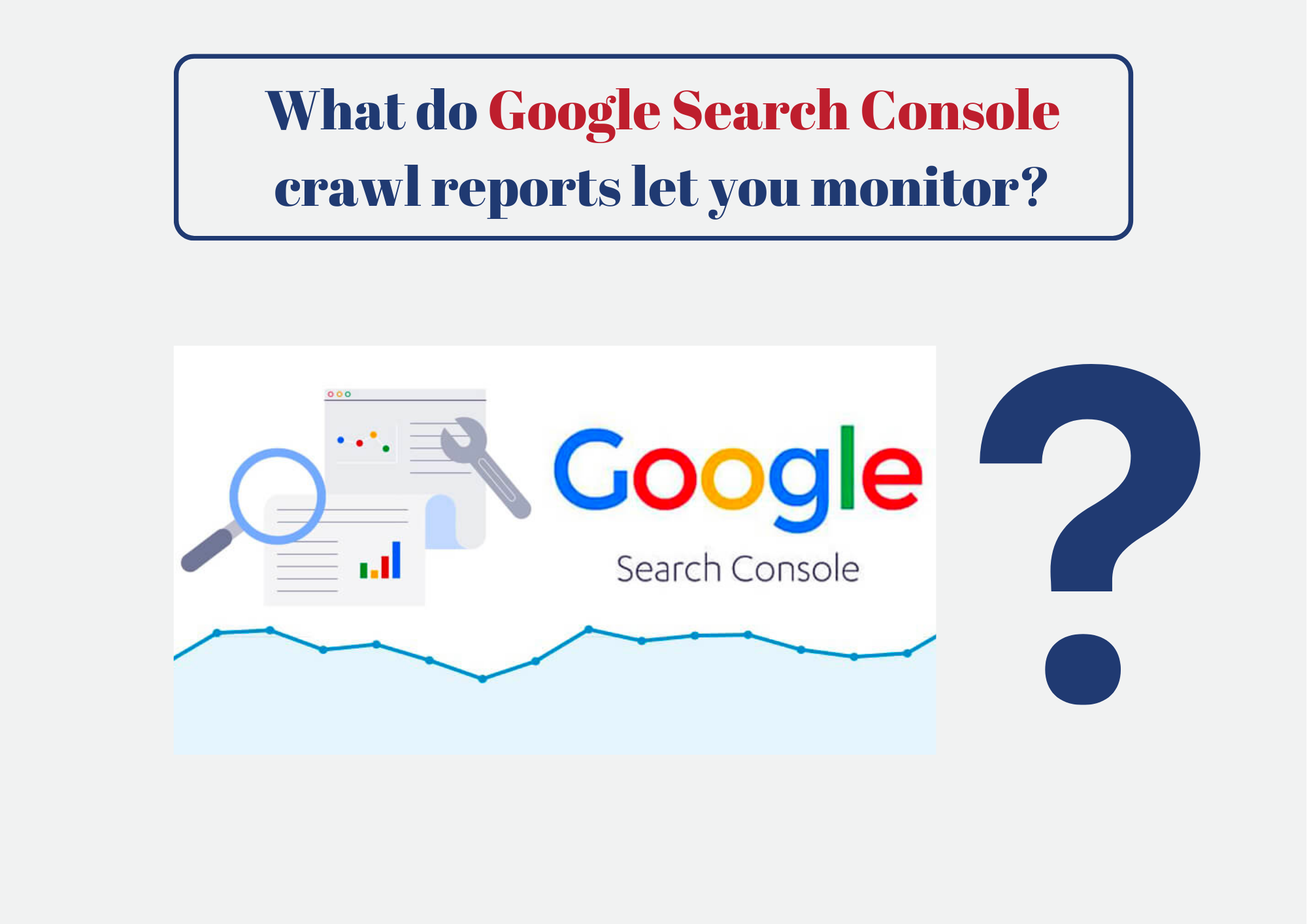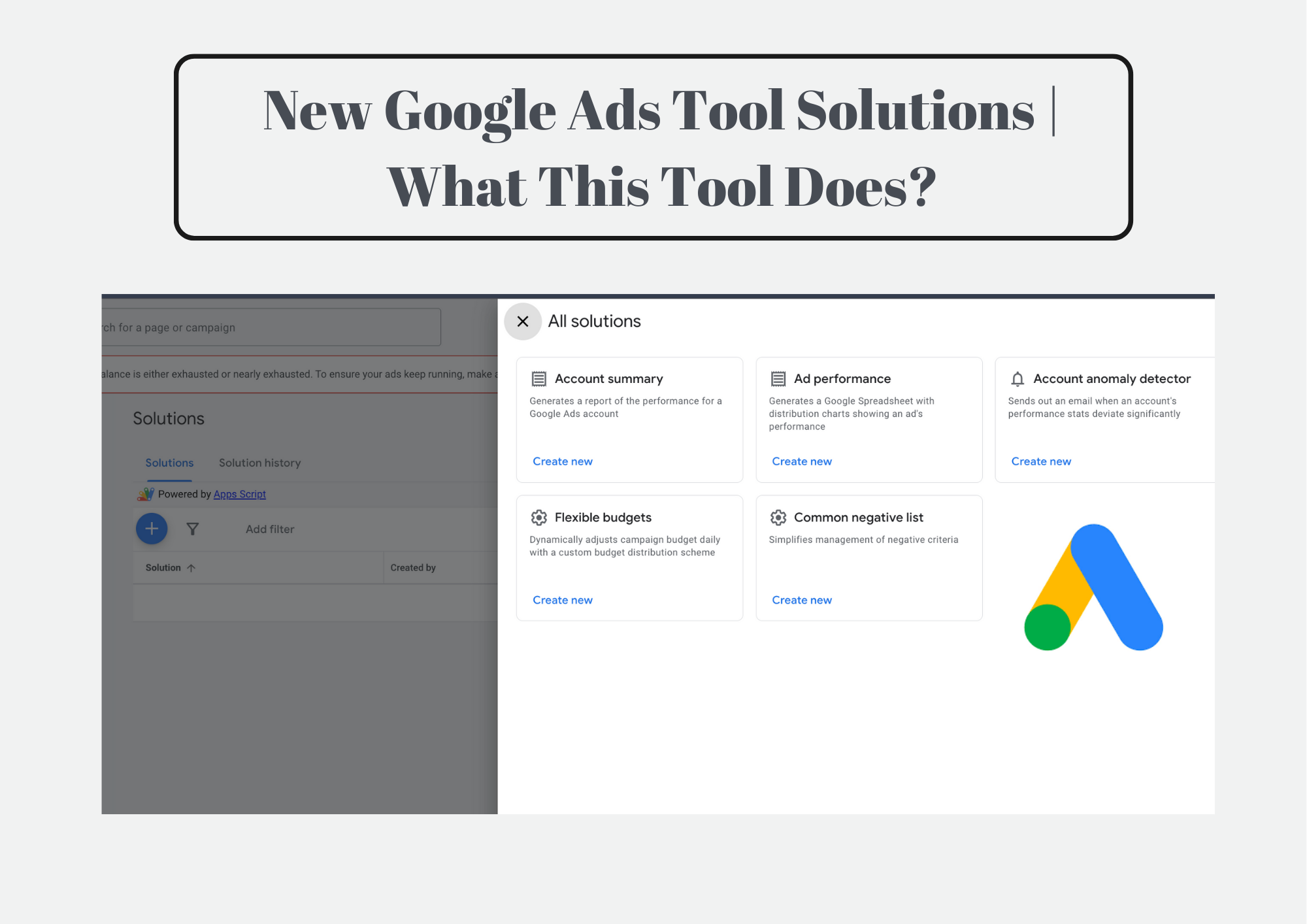
Imagine organizing your bookshelf haphazardly – no categories, no order. Finding a specific book would be a frustrating treasure hunt. Now, imagine meticulously labeling each book by genre, author, and publication date. Suddenly, locating the book you need becomes effortless.
The same principle applies to structured data and your website. While search engines crawl your website content, they may sometimes struggle to fully grasp its meaning and context. Structured data acts as those clear labels, helping search engines understand your content precisely, leading to richer search results and potentially higher rankings.
Unlocking the Benefits of Structured Data:
Think of Google’s search results page as a crowded marketplace. Your website, amidst countless others, needs to stand out to attract visitors. Structured data acts as eye-catching signage, highlighting your content directly in the search results. For example, imagine someone searching for “best Italian restaurants near me.” If your restaurant’s website has structured data with star ratings, address, and menu details, it might appear as a rich snippet with that information directly displayed.
This entices users with crucial details, increasing the chances they’ll choose your restaurant over competitors. Structured data doesn’t just improve visibility; it also enhances user experience. Rich snippets provide essential information upfront, saving users time and clicks. Imagine searching for “upcoming comedy shows” and seeing event dates, locations, and ticket links directly in the search results. That’s the power of structured data in action.
But the benefits don’t stop there. Search engines may use structured data to gain a deeper understanding of your content, potentially impacting your ranking in search results. While the exact algorithm remains a secret, providing clear and organized information through structured data can be a positive signal to search engines.
Getting Started with Structured Data: It’s Easier Than You Think!
Don’t let technical jargon intimidate you. Implementing structured data doesn’t require coding expertise. Think of it as adding tiny tags to your website content, similar to labeling your belongings. The key lies in Schema.org, a universal language that defines different types of data for websites, like articles, products, events, and organizations. It acts as a shared dictionary for websites and search engines, ensuring everyone understands the meaning behind the tags. The most beginner-friendly way to implement structured data is through JSON-LD, a format that you can directly add to your website’s code. But don’t worry, you’re not alone! Numerous plugins and online tools can help you generate the necessary code without requiring any technical knowledge. Simply choose the tool that best suits your website platform and content management system, and let it guide you through the process step-by-step.
Exploring the Diverse World of Structured Data:
While there are many types of structured data, some are particularly beginner-friendly and offer immediate benefits:
1. Articles Schema:
Showcase your blog posts to the world with structured data! Highlight titles, authors, publication dates, and even images directly in search results. Imagine someone searching for “sustainable gardening tips,” and your blog post with structured data appears, displaying the title, author, and a thumbnail of the featured image. That’s sure to grab attention and entice clicks!
2. Businesses Schema:
Put your company on the map with structured data! Include your name, address, opening hours, and even customer reviews directly in search results. This not only improves visibility but also builds trust and credibility with potential customers. Imagine someone searching for “electricians near me,” and your business appears with its address, star ratings, and website link. It’s like a mini virtual storefront within the search results!
3. Products Schema:
Make your products shine with structured data! Showcase descriptions, prices, availability, and even star ratings directly in search results. This entices potential buyers with key information before they even visit your website. Imagine someone searching for “best hiking boots,” and your product appears with its image, price, and average customer rating. That’s a powerful sales pitch without saying a word!
4. Events Schema: Get the word out about your events with structured data! Attract attention with titles, dates, locations, and even ticket information directly in search results. This helps people easily discover and attend your events. Imagine someone searching for “comedy shows this weekend,” and your event appears with its name, date, and venue details. That’s the perfect recipe for a packed house!
Tools and Validation: Ensuring Your Structured Data Shines
Once you’ve implemented structured data, it’s time to verify it’s working correctly and reaping its full benefits. Here are some handy tools to help you along the way:
Free Tools:
- Google Search Console: This essential tool from Google is your go-to resource for monitoring and troubleshooting structured data implementation. It provides detailed reports on any errors or warnings, allowing you to fix issues and ensure your data is understood correctly.
- Rich Results Test Tool: This free tool from Google lets you preview how your web pages might appear as rich snippets in search results. Simply enter your page URL and see if your structured data is generating the desired outcomes. It’s a great way to test and refine your implementation before making it live.
- Structured Data Testing Tool: Another free tool from Google, this one specifically focuses on validating the technical correctness of your structured data code. It helps you identify any syntax errors or formatting issues that might prevent search engines from understanding your data.
- Schema App & Schema Generator: These browser extensions and online tools simplify the process of generating schema markup code for various types of content. They walk you through the information required and provide the necessary code snippet, perfect for beginners.
Paid Tools:
- Technical SEO platforms: Many SEO platforms offer comprehensive technical SEO audits, including structured data analysis. These tools crawl your website and provide detailed reports on any markup errors or missed opportunities. Popular options include Screaming Frog, SEMrush, and Ahrefs.
- Schema markup plugins: If you use a popular content management system like WordPress, several paid plugins can automate the implementation and management of schema markup. These plugins offer user-friendly interfaces and built-in validation features, simplifying the process for non-technical users. Examples include Yoast SEO Premium, Schema App for WordPress, and Rank Math Pro.
- Managed SEO services: Some SEO agencies offer managed services that include schema markup implementation and monitoring as part of their packages. This can be a good option for businesses that lack the internal expertise or resources to handle it themselves.
Choosing the Right Tool:
The best tool for you depends on your needs and budget. If you’re comfortable with technical aspects and have a limited budget, the free tools provided by Google are a great starting point. For more advanced features, comprehensive reports, or user-friendly interfaces, consider paid options like SEO platforms or plugins. Remember, the key is to find a tool that fits your comfort level and helps you effectively implement and monitor your structured data strategy.







